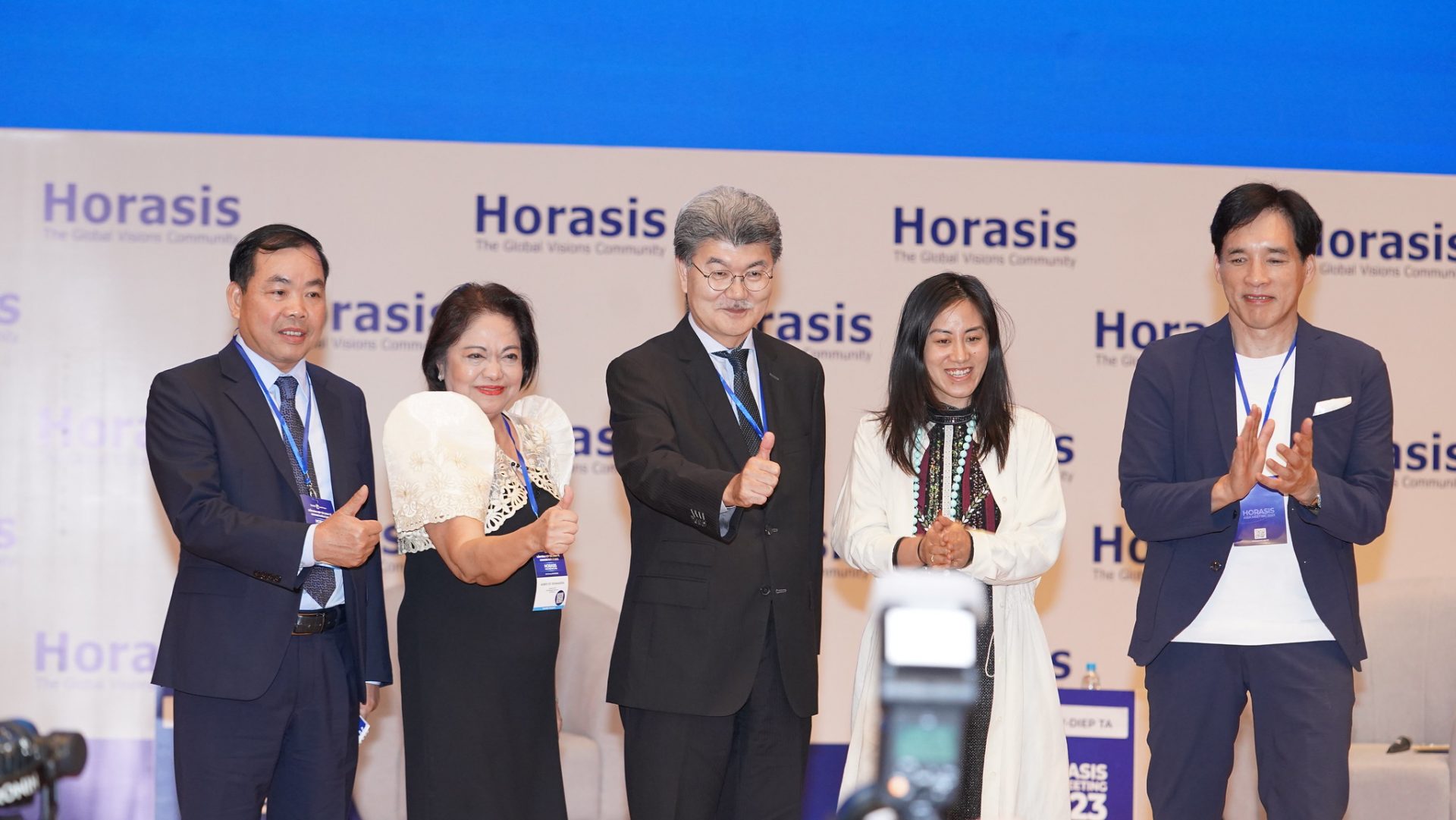Tapping into AI’s Potential
Artificial Intelligence (AI) has become an integral part of our rapidly evolving global landscape, reshaping industries, economies, and societies at an unprecedented pace. As we harness the power of AI to drive innovation and progress, it is imperative to simultaneously address the challenges it poses, particularly in terms of fairness, accountability and ethical considerations.
AI is helping reduce unconscious bias, widen the talent pool, and increase diversity at workplace. Organizations are now running job descriptions in AI platforms, that are helping organizations to develop an alternative and a more balanced job description that is not off-putting or gendered. Moreover, AI is ranking candidates based on the job requirements, helping recruitment managers with decisive evidence.
Natural language processing (NLP), a form of AI that enables computers to interpret and use human language. NLP is reshaping many fields, including the healthcare industry. In healthcare, NLP is being used in a wide range of health data applications, such as improving patient care through better diagnosis accuracy, streamlining clinical processes, and providing more personalized services.
Innovative startups are also addressing the issue of climate change using the capabilities of AI. Ocean Cleanup, a non-profit organization, is using AI object detection algorithm to map hotspots where there’s a higher count of floating. This is helping the project to focus its efforts in cleaning where it is most needed. Another AI startup, Sipremo is helping make cities clean, safe, and sustainable. It is helping predict future climate change events or disasters, and helping city agencies to act before the events occur.
China’s AI Revolution
China has laid a robust groundwork for its AI economy, making substantial global contributions to the field. The AI Index from Stanford University, which evaluates global AI advancements across various metrics in research, development and economy, places China in the top three nations for global AI vibrancy. In terms of research, China was responsible for approximately one-third of all AI journal papers and AI citations globally in 2021. Economically, China attracted nearly a fifth of the global private investment funding in 2021, securing US$17 billion for AI startups.
In the coming decade there is immense potential for new sectors in China such as automotive, transportation, logistics, manufacturing, enterprise software, and healthcare and life sciences. AI could generate an annual economic value of over US$600 billion in these sectors for the country.
Over 20 AI startups in China, funded by private-equity firms or local hyperscalers, are already collaborating with traditional pharmaceutical companies or working independently to develop innovative therapeutics. A biotech company based in Hong Kong managed to discover a preclinical candidate for pulmonary fibrosis in less than 18 months at a cost of under US$3 million, a process that typically takes six years and costs more than US$18 million on average.
The upcoming 2024 Horasis China Meeting being held in Binh Duong, Vietnam over 14-15 April 2024, will further touch upon China’s growing role in expanding trade and investment among its neighbors. The meeting will draw together 300 of the most senior members of the Horasis Visions Community, including some of China’s and Vietnam’s best known business leaders.
Structures and Guardrails
While AI’s potential to drive global evolution is undeniable, harnessing its power responsibly requires navigating a complex labyrinth of ethical considerations and structural reforms. One of the primary concerns surrounding AI is the presence of bias in algorithms, which can lead to discriminatory outcomes. Structures and guardrails are necessary to ensure fairness and non-bias in AI algorithms.
To mitigate this, it is essential to establish accountability mechanisms for AI outcomes. This involves holding developers, organizations, and policymakers accountable for the impact of AI systems on individuals and communities.
In a pioneering move, Chinese regulators have unveiled a new law aimed at governing generative AI. This legislation forms part of a broader suite of regulations that address various facets of AI. It imposes new restrictions on companies that offer these services to consumers, specifically in relation to the training data employed and the results generated.
There is a pressing need for globally accepted standards to ensure responsible and ethical development of AI. These standards should encompass ethical guidelines, principles, and practices that promote the responsible use of AI technology – a unified set of standards that can guide the development and deployment of AI systems worldwide.
Lifelong Learning
As AI continues to evolve, the workforce must be equipped with the skills needed to adapt to these changes. Lifelong learning initiatives play a crucial role in preparing individuals for the integration of AI into various aspects of their lives. Governments, educational institutions, and businesses should collaborate to create programs that foster continuous learning and upskilling, ensuring that society remains resilient in the face of technological advancements.
In harnessing the potential of AI for global evolution, it is essential to recognize the need for ethical considerations, accountability and fairness. By establishing accountability mechanisms, prioritizing privacy and data security, encouraging international cooperation, and implementing global standards for AI ethics and practices, we can navigate the evolving landscape of AI with confidence. Additionally, promoting lifelong learning initiatives will empower individuals to embrace the integration of AI into their lives, ensuring that the benefits of AI are realized equitably across diverse communities. As we tap into AI’s potential, let us do so responsibly, with a commitment to creating a future where technology enhances human wellbeing and fosters a more inclusive and just society.
Photo: It is critical that we harness AI’s power responsibly.




